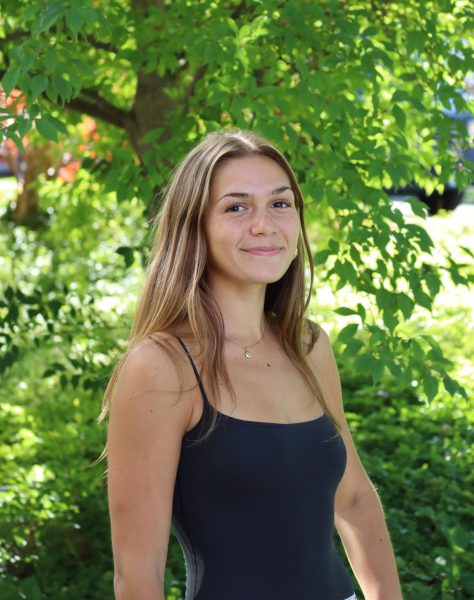Global Problem and Global (in) Action
December 12, 2021
World leaders have just spent the last several weeks in Glasgow, Scotland to try to find common ground in efforts to reverse climate change. Part of this annual climate change conference was signing the coal pledge. More than 40 countries have committed to moving away from the use of coal in an act towards saving our planet. However, the top 5 emitters of greenhouse gases did not sign the coal pledge which includes China, The United States, Russia, Japan, and India. This does not get us anywhere.
With the number of smart, motivated people meeting each year to make an effort towards solving climate change, how can this problem not be solved? Well, it is complicated. It is not just warm summer nights; it is extreme and irregular weather, as well as other effects of climate change. Each form of extreme weather takes its toll on a given community. In New Orleans, Louisiana, for example, there are many current debates about which neighborhoods to rebuild after hurricane Ida and which to give up on. That is a sad state of affairs, but not unexpected because of the complexity of the issue.
First, solving climate change is an investment that we make today, to save future generations. For many it is hard to think this way; what have future generations ever done for us?
Second, dealing with climate change involves many stakeholders, and they all have their own ideas about what to do and most are unwilling to commit to really doing anything. Is it not more expensive to keep rebuilding communities? Developing countries may be unwilling (or unable) to implement the sweeping necessary changes.
Finally, because it is such a complicated problem, there is no way to measure success because it is hard to target what the metrics should be. Even if goals are set are, we may not actually prevent the extreme weather.
What can we do? As Dr. Jane Goodall said, “What you do makes a difference, and you have to decide what kind of difference you want to make.” Any good difference you make will have a good outcome, even if it is small. But what are some ways to combat climate change?
First, we need to make it a NOW problem. Incentivize people today to change behavior. If someone wants to drive a car that pollutes, that person should be taxed or have to pay more. Whereas someone who runs a “greener” home or company should be awarded credits, as an offset on taxes.
Second, the only way to make this possible is by implementing real consequences for polluting countries and helping countries that are willing (but not able) to change. Nothing will change if the 5 largest economies in the world don’t drastically change their ways. Countries, like individuals, must be incentivized with taxes for pollution and credits for green behavior. One could imagine a scenario in which “green” farmers in Africa can earn credits in a global marketplace that polluting countries have to pay. This would have a double benefit of helping to solve the problem of global climate change, while also boosting economies in developing countries.
Finally, find other measurements. We have to identify specific aspects of the problem and work towards finding solutions to them. Right now, the problem seems like too big and thorny an issue to tackle because no one can really agree what the issue is – is it rising temperatures, sea levels, deforestation? Of course, the answer is “it’s everything,” but the problem needs to be put into bite-size terms that local communities can start to attack.
Ava Podany ‘22’ and Flore Bindel ‘22’, two of the three co-leaders of Environmental Alliance, both believe that “Social media is a great way, by reposting things from credible sources you can get the word out. Also, having meaningful conversations with family or friends about sustainability is super important.” These are both super easy and effective ways to educate others on small changes that can be made.
While making others aware of a cause is great, giving others and yourself small changes that can be made makes a big difference. A great example of an everyday change from Podany ‘22’ and Bindel ‘22’ is by “watching what you buy. This does not just mean buying things without a bunch of plastic packaging, it means being thoughtful about the items you are purchasing and where you are buying them from.”
Read also adds that the small things add up, however, we are not necessarily aware of them, “something that is really eye-opening for a lot of people in changing their lifestyle as well is calculating their carbon footprint, using things like https://www.footprintcalculator.org/ ”
If everyone does their part to make small changes, large changes will become easier, and we will save our planet. Together we can turn (in)action into action.


